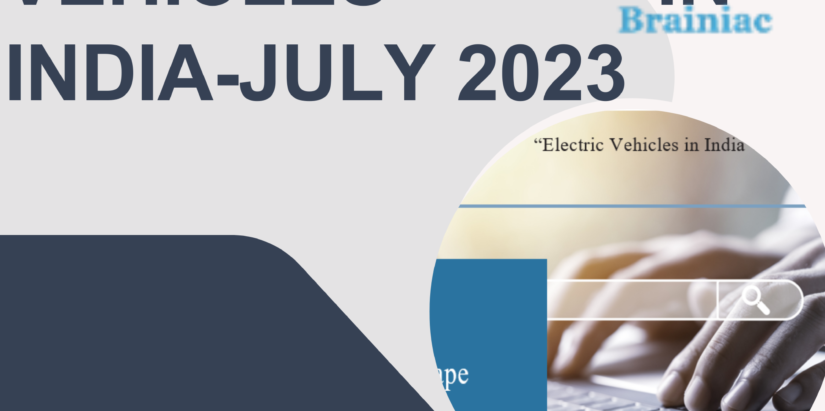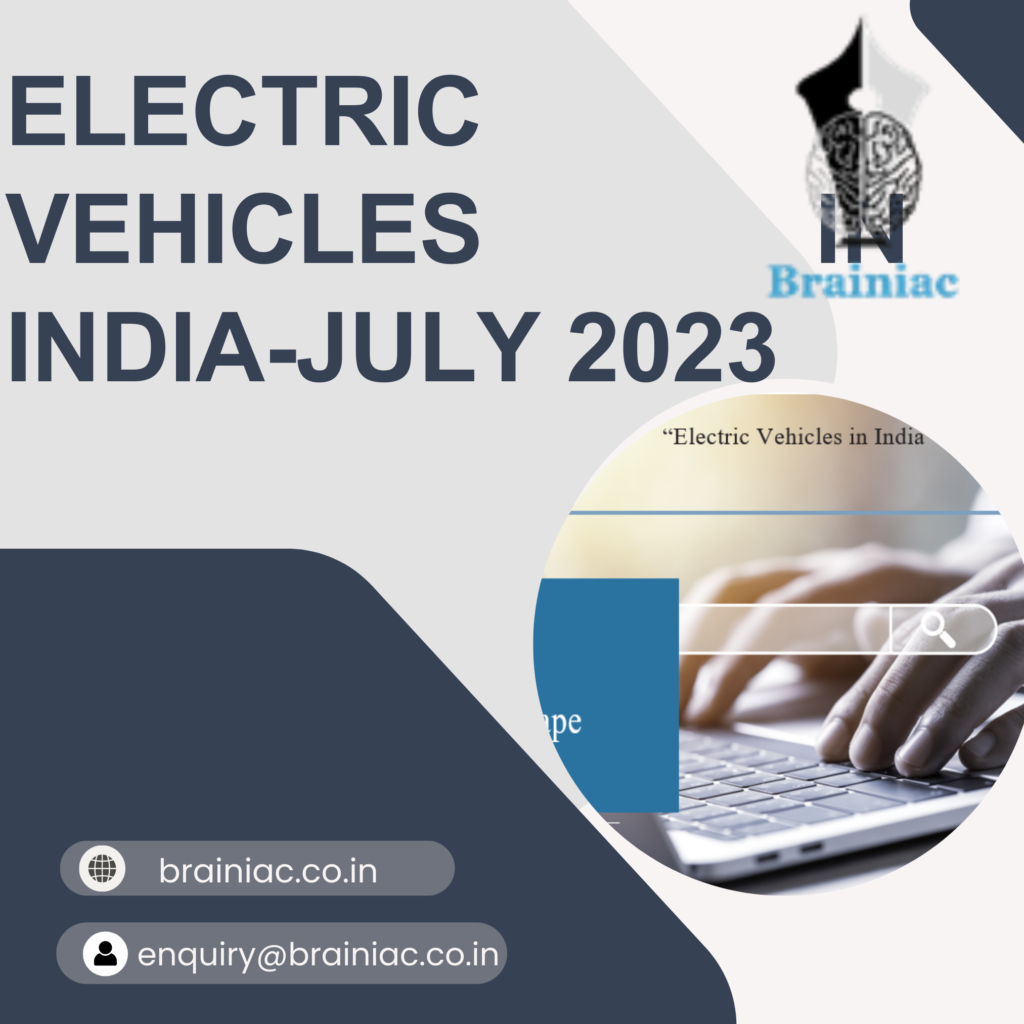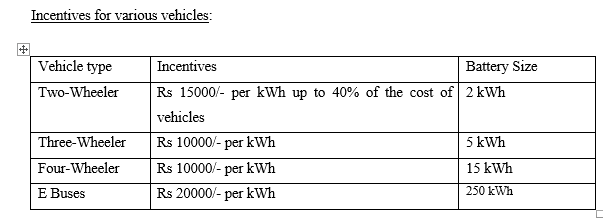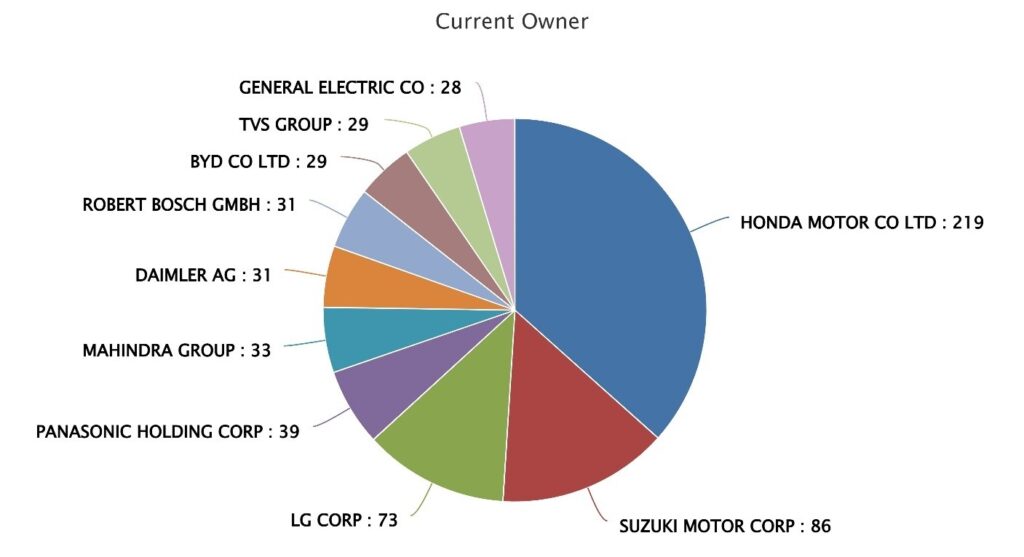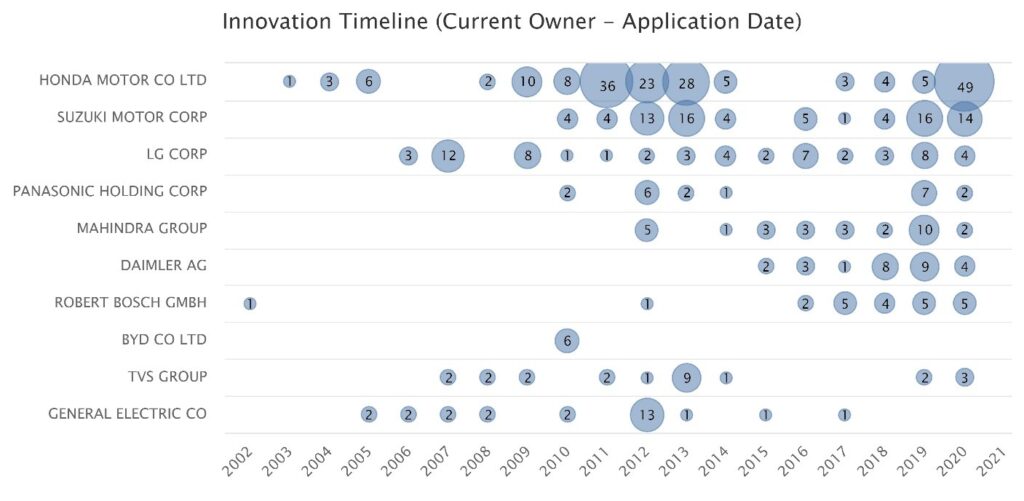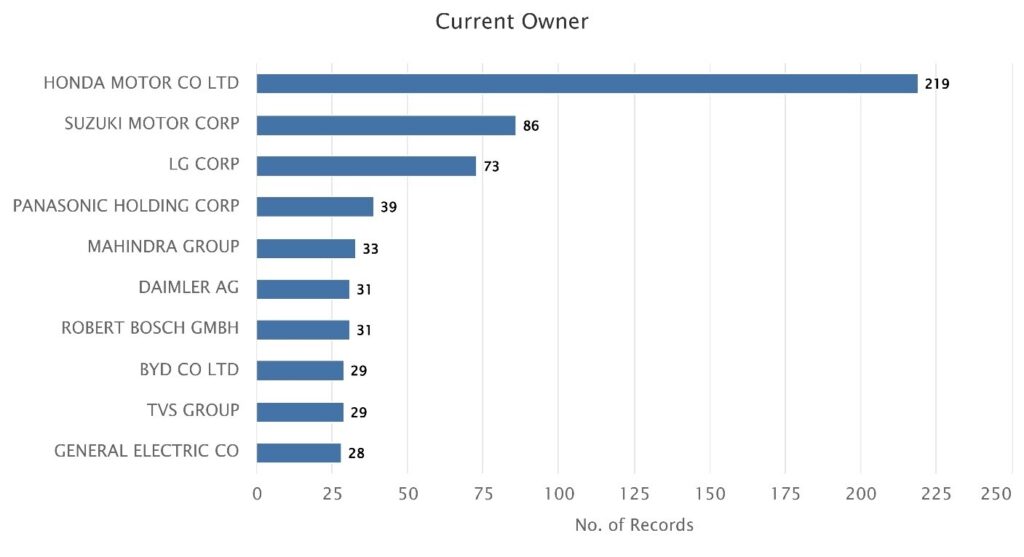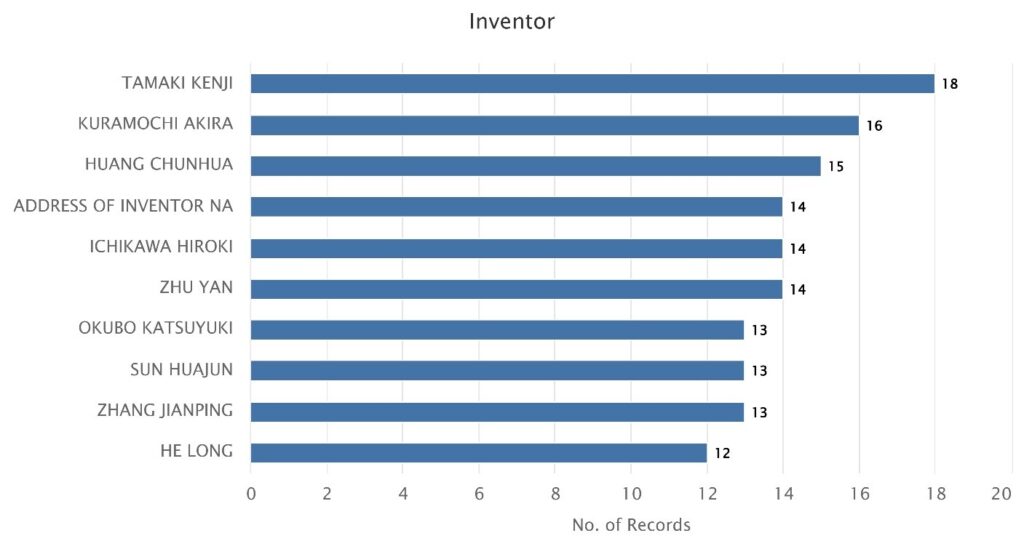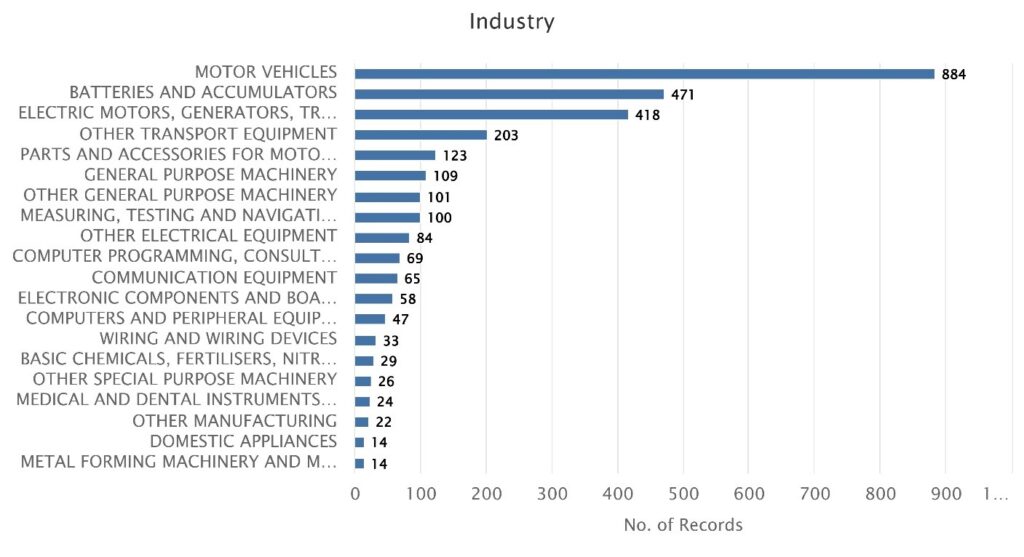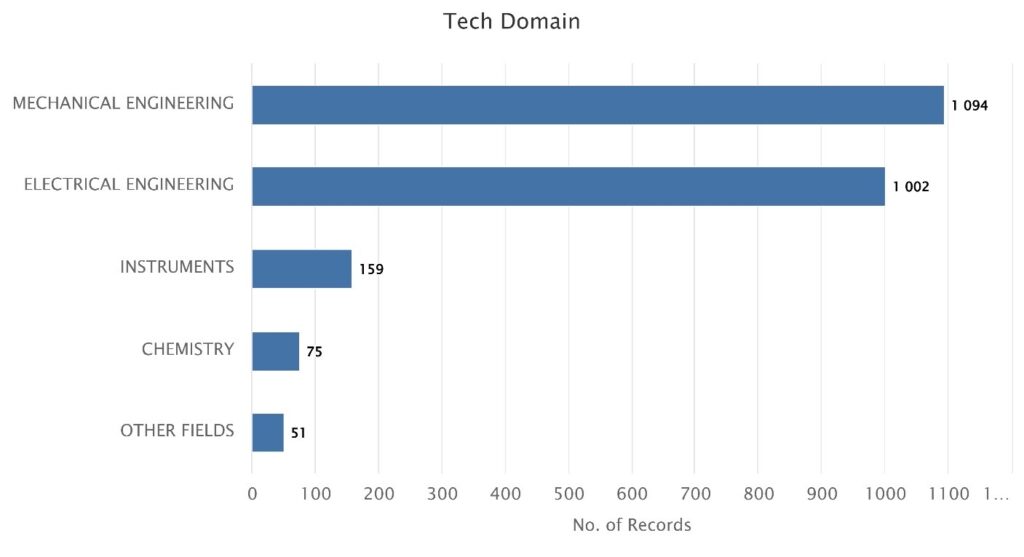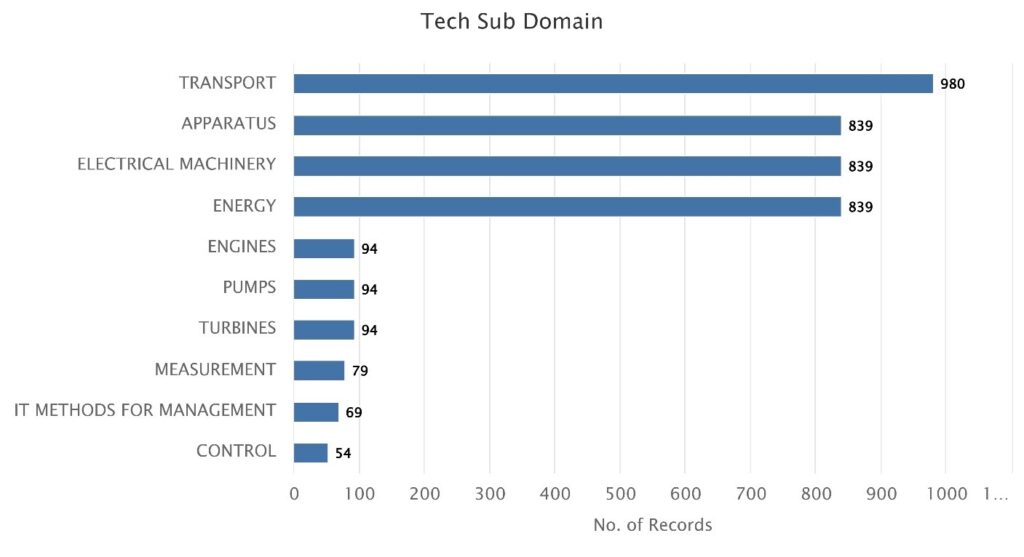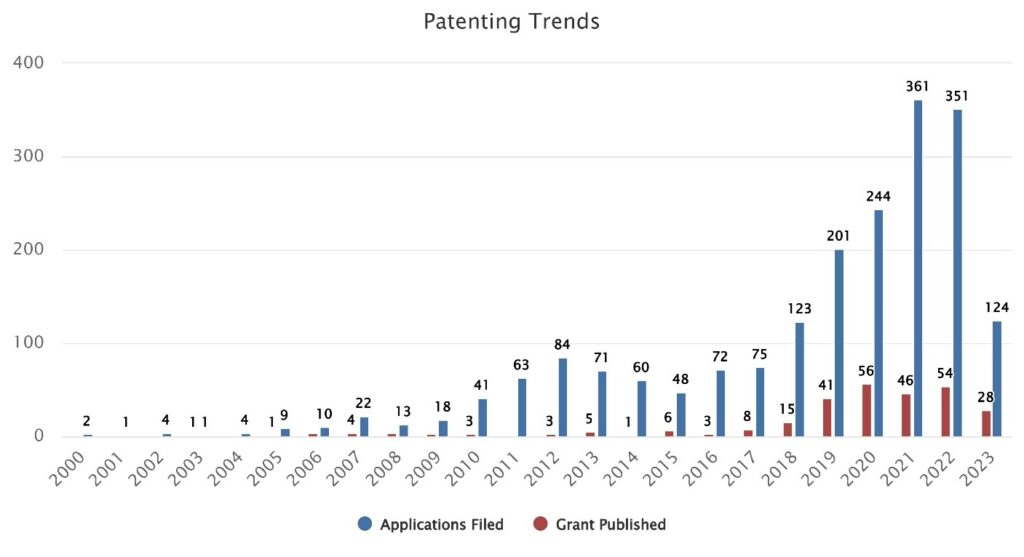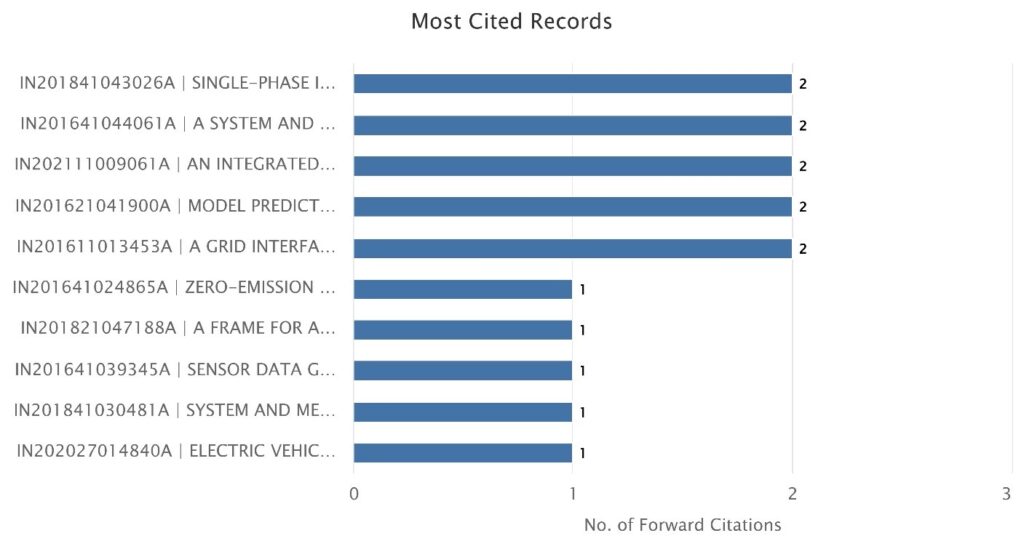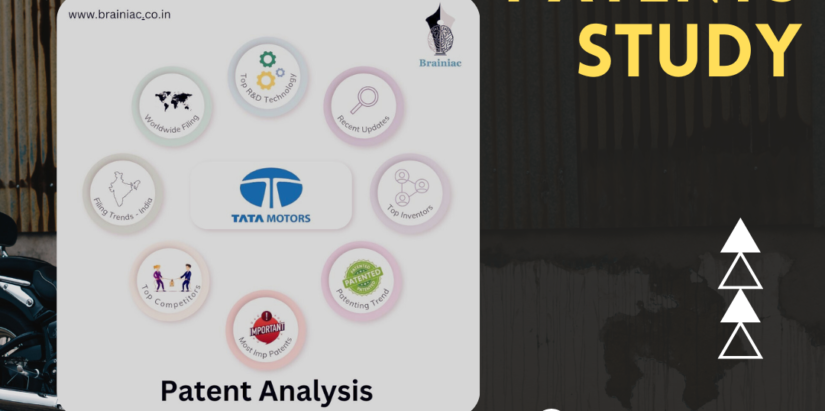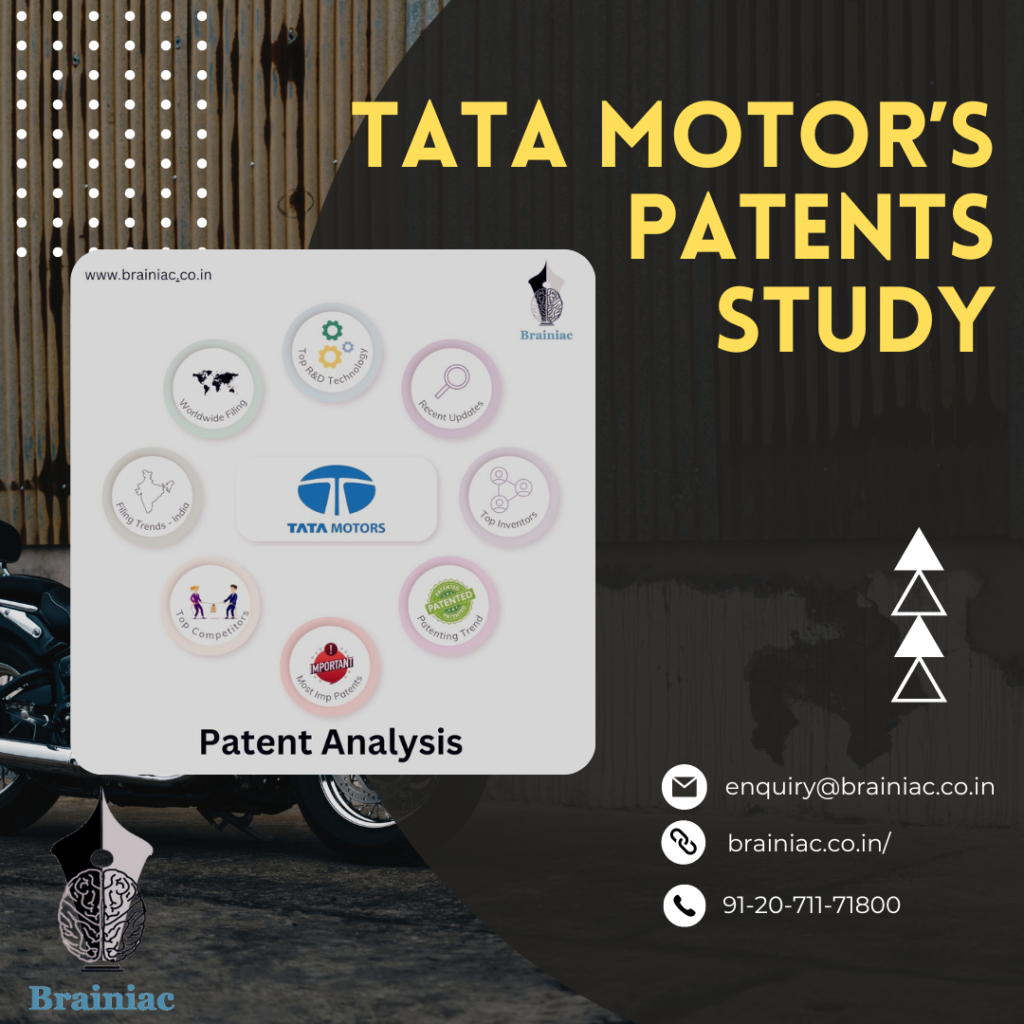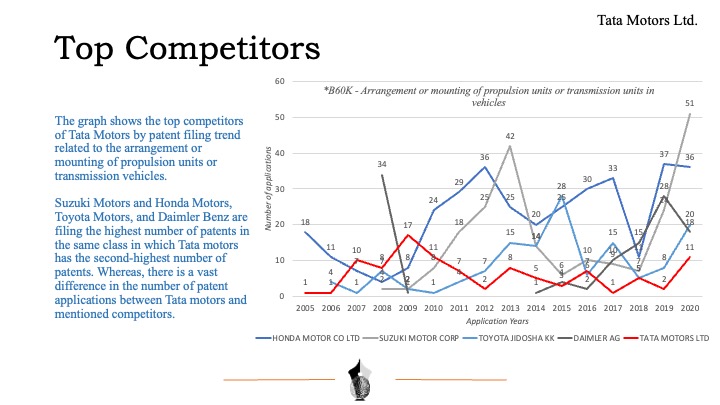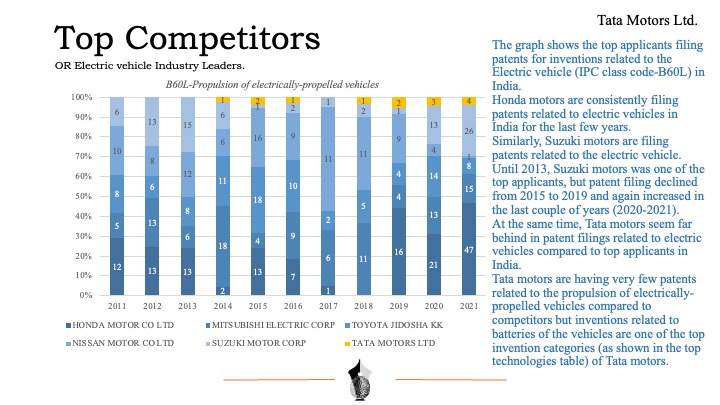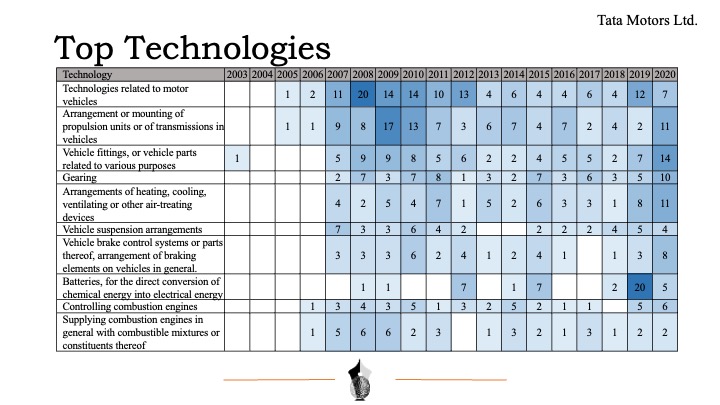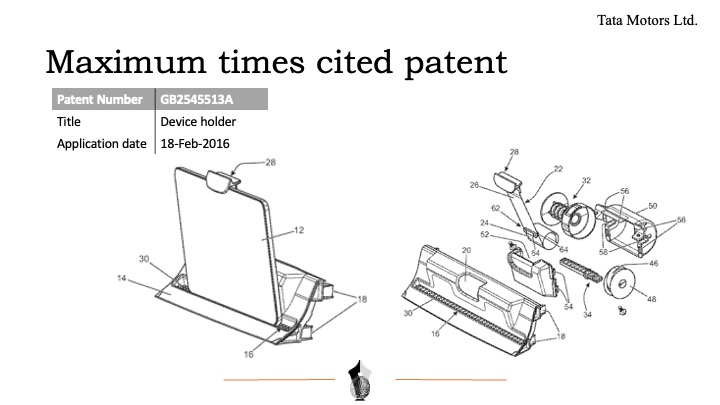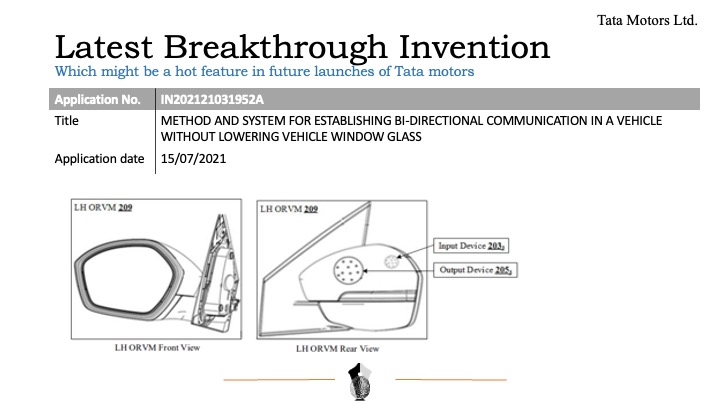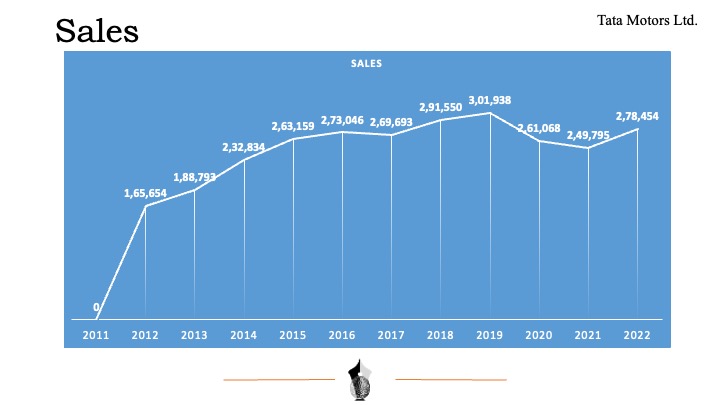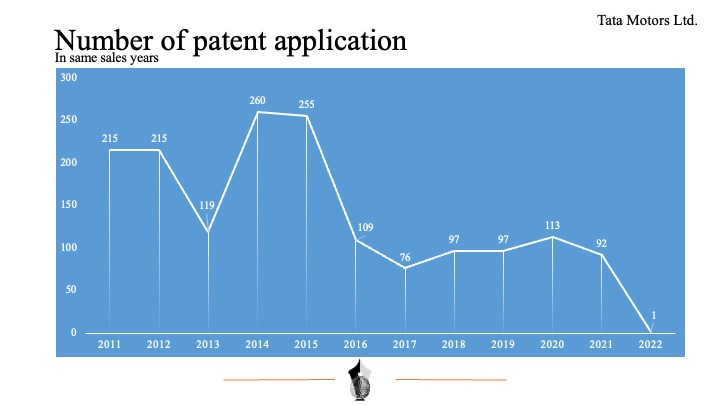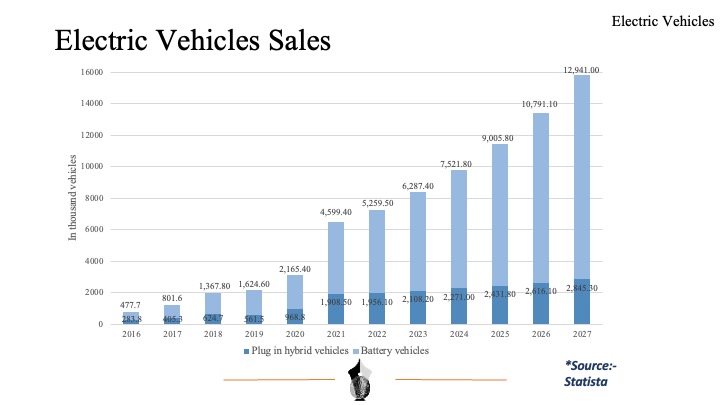Download Windows 10 Activator TXT: Activate Your OS Now
If you want to use your Windows 10 operating system without any interruptions, you need to activate it. One way to do this is by using a windows 10 activation tool. These tools help you unlock all the features of Windows 10, making your computer run smoothly.
Another method to activate Windows is to activate windows 10 using CMD. This involves using the Command Prompt to enter specific commands that can help you activate your OS. It’s a straightforward process, but you need to follow the steps carefully.
There are also various windows activation alternatives available if you prefer not to use the traditional methods. These alternatives can provide different ways to activate your Windows 10 without needing to purchase a license.
Lastly, there are many windows 10 activation solutions that you can explore. These solutions can help you find the best way to activate your Windows 10, whether through tools, commands, or other methods.
By downloading the Windows 10 activator TXT, you can easily access these options and activate your OS now!
What is Windows 10 Activator TXT?
The Windows 10 Activator TXT is a special text file that helps users activate their Windows 10 operating system. This file contains a windows activation script that can be used during the windows 10 activation process. Many people look for ways to activate Windows without key because they want to use their computers without any limitations.
1. Overview of Windows 10 Activator
The Windows 10 activator is a tool that helps users unlock their Windows 10 features. There are different windows 10 activation techniques available, and using an activator can be one of the simplest ways to get your system running. This method is popular among users who want a quick solution.
2. Purpose of Using a Text File for Activation
Using a text file activation method can be very helpful. It allows users to perform a non-traditional activation of their Windows 10. This means that instead of using a product key, you can use the information in the text file to activate your system. This approach can save time and effort for many users.
3. Benefits of Alternative Activation Methods
There are several alternative activation methods available for Windows 10. One of the main advantages is that they can serve as a windows activation workaround. These methods can provide users with different options to activate their system without needing to purchase a license. This flexibility can be very appealing to many users looking for solutions.
How to Activate Windows 10 with CMD Without Key
Activating Windows 10 using the Command Prompt is a method that many users find helpful. This process is known as command line activation. It allows you to enter specific CMD commands for activation that can help you unlock your operating system without needing a product key.
1. Using Command Line Activation Techniques
To start, you will need to open the Windows 10 command prompt. This is where you will enter the commands for activation. Here are some windows 10 activation tips to keep in mind:
- Make sure to run the Command Prompt as an administrator.
- Type the commands carefully to avoid errors.
- Follow the instructions step by step.
Using these techniques can make the activation process smoother and easier.
2. Step-by-Step Guide to CMD Activation
Here’s a simple windows 10 activation guide to help you through the CMD activation process:
- Open Command Prompt as an administrator.
- Enter the activation commands one by one.
- Wait for the system to process each command.
You can also use some windows 10 activation tricks to make the process faster. For example, copying and pasting commands can save time and reduce mistakes.
3. Batch File Activation Process
Another method you can use is the windows 10 activation batch file. This involves creating a batch file that contains all the necessary commands for activation. Here’s how to do it:
- Open Notepad and type in the activation commands.
- Save the file with a .bat extension.
- Run the batch file as an administrator.
This method is known as batch file activation and can be very effective for activating Windows 10 quickly.
Where to Find the Windows 10 Text Activator
Finding the right Windows 10 text activator can be important for users who want to activate their operating system easily. There are several options available, and knowing where to look can help you find the best one.
1. Trusted Sources for Download
When searching for a Windows 10 text activator, it’s crucial to download from trusted sources. This ensures that you get a reliable tool that works effectively. Here are some tips for finding trusted sources:
- Look for websites with good reviews.
- Check if the site has a secure connection (look for HTTPS).
- Read user feedback to see if others had success.
Using these tips can help you find the right windows activation support and windows 10 activation solutions.
2. Safety and Security Considerations
Safety is a big concern when downloading any software, including a Windows 10 text activator. You want to make sure that the tool you choose is safe to use. Here are some safety tips:
- Always scan downloads with antivirus software.
- Avoid downloading from unknown or suspicious sites.
- Read about the safety of activator text before using it.
3. Activator Text Safety: Is it Safe to Use?
Many users wonder if using a text activator is safe. It’s important to consider the risks involved. Here are some points to think about:
- Some activators may not work as promised.
- Using unverified tools can lead to security issues.
- Always look for windows activation alternatives if you are unsure.
If you need windows activation help, consider reaching out to forums or communities for advice.
Windows 10 Activation Batch File
A windows activation batch file is a simple way to activate your Windows 10 operating system. This file contains a set of commands that can help you unlock your system without needing a product key.
Using a batch file can make the activation process easier and faster for many users.
1. Creating a Batch File for Activation
To create a batch file activation, you need to write a windows 10 activation script. This script will include the necessary commands for activation.
Here’s how to create it:
- Open Notepad on your computer.
- Type in the commands you need for activation.
- Save the file with a .bat extension.
This batch file will help you with the command line activation process.
2. Running the Batch File: A Detailed Guide
Once you have created your batch file, you need to run it. This is part of the windows 10 activation process. Here’s a step-by-step guide:
- Right-click on the batch file you created.
- Select “Run as administrator.”
- Wait for the commands to execute.
Using the right CMD commands for activation can ensure that your Windows 10 is activated successfully.
3. Common Issues and Troubleshooting
Sometimes, you may face issues while activating Windows 10. Here are some windows 10 activation tips to help you:
- Ensure you have an internet connection.
- Check if your batch file has the correct commands.
- Restart your computer if the activation fails.
You can also use some windows 10 activation tricks to troubleshoot common problems. For example, running the batch file again or checking for updates can help resolve issues.
Why Choose Windows 10 Activator TXT?
Using the Windows 10 Activator TXT can be a smart choice for many users. It allows you to activate Windows 10 without product key easily. This method is popular because it offers a simple way to unlock all the features of your operating system.
Many people prefer this method over traditional activation techniques. It’s quick and doesn’t require purchasing a key.
1. Advantages Over Traditional Activation Keys
There are several windows activation alternatives that users can consider. One of the main benefits of alternative activation methods is that they can save money. Instead of buying a product key, you can use the activator to unlock your system.
- Cost-effective: No need to buy a key.
- Easy to use: Simple steps to follow.
- Fast activation: Get your system running quickly.
2. User Testimonials and Experiences
Many users have shared their thoughts on using the Windows 10 Activator TXT. They often mention how helpful it is to have windows 10 activation help when they face issues.
Here are some common user experiences with activation:
- Saves time: Users appreciate the quick process.
- Reliable: Many find it works well without problems.
- User-friendly: Easy for anyone to understand.
3. Comparison with Other Activation Methods
When looking at windows 10 activation solutions, the Windows 10 Activator TXT stands out. It offers a non-traditional activation method that many find appealing.
Here’s how it compares to other methods:
| Activation Method | Ease of Use | Cost | Speed |
|---|---|---|---|
| Windows 10 Activator TXT | Very Easy | Free | Fast |
| Traditional Key Activation | Moderate | Paid | Moderate |
| CMD Activation | Moderate | Free | Slow |
This table shows that the Windows 10 Activator TXT is often the best choice for users looking for a simple and effective way to activate their operating system.
Frequently Asked Questions (FAQ)
Many people have questions about activating Windows 10. Here are some common ones and their answers.
1. How to activate Windows 10 for free with TXT?
You can activate Windows 10 for free using a text file. This method is simple and effective. To do this, you can activate windows 10 using CMD. Here are the steps:
- Open Command Prompt as an administrator.
- Use the commands in the text file to activate your system.
- Follow the instructions carefully.
This method is one of the windows 10 activation options available for users.
2. How do I activate Windows 10 for free?
Activating Windows 10 for free is possible with some windows 10 activation tricks. One way is to activate windows without key. Here’s how:
- Use a reliable activation tool.
- Follow the steps provided by the tool.
- Make sure your internet connection is stable.
These tricks can help you unlock your Windows 10 without spending money.
3. How to activate Windows 10 permanently?
To activate Windows 10 permanently, you can follow the windows 10 activation process. Here are some tips:
- Use a windows activation workaround if you face issues.
- Make sure to follow all the steps correctly.
- Check for updates that might help with the activation.
This way, you can ensure that your Windows 10 remains activated.
4. How to activate Windows 10 Pro using Notepad?
You can use Notepad to activate Windows 10 Pro. This is part of the windows 10 activation techniques. Here’s how to do it:
- Open Notepad and type the activation commands.
- Save the file with a .bat extension.
- Run the file as an administrator.
This method uses command line activation to help you activate your system easily.

